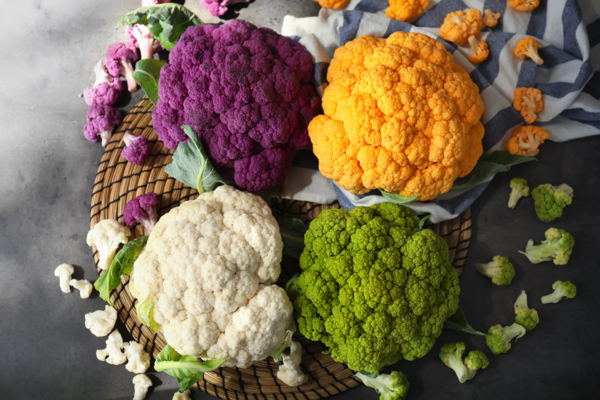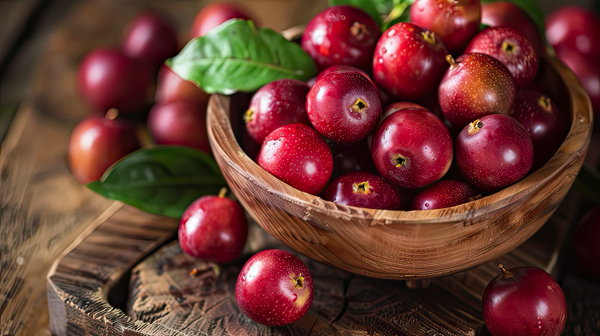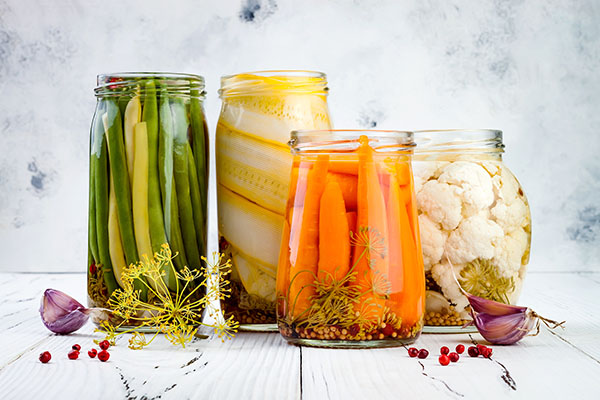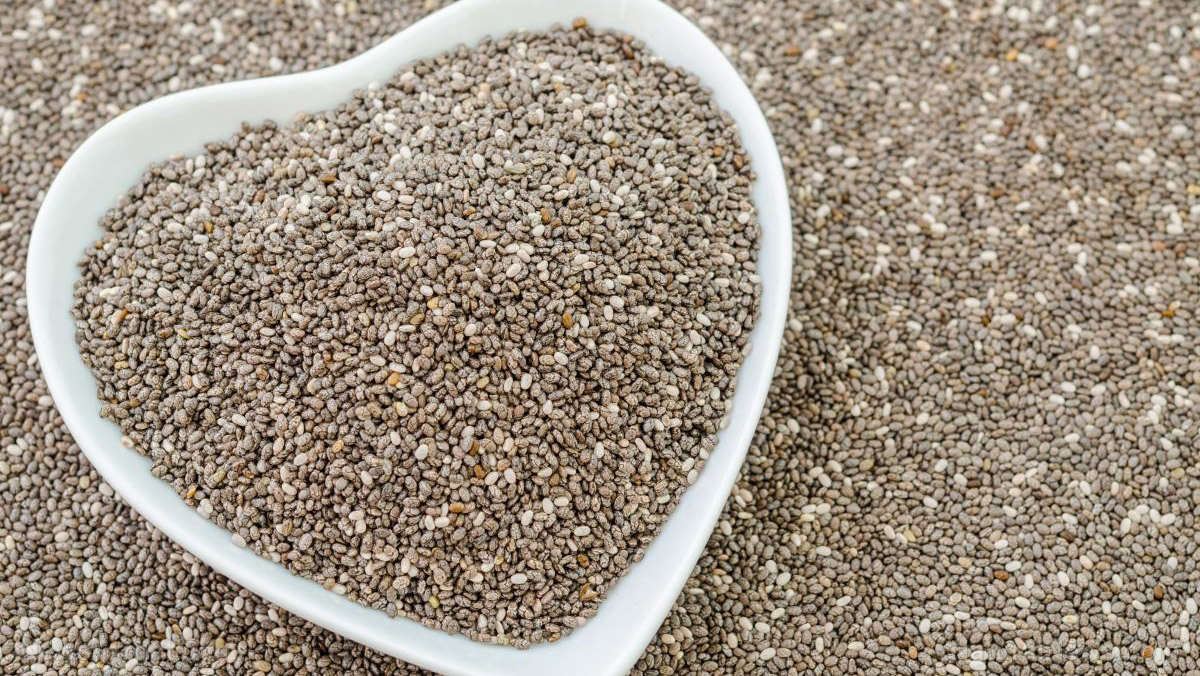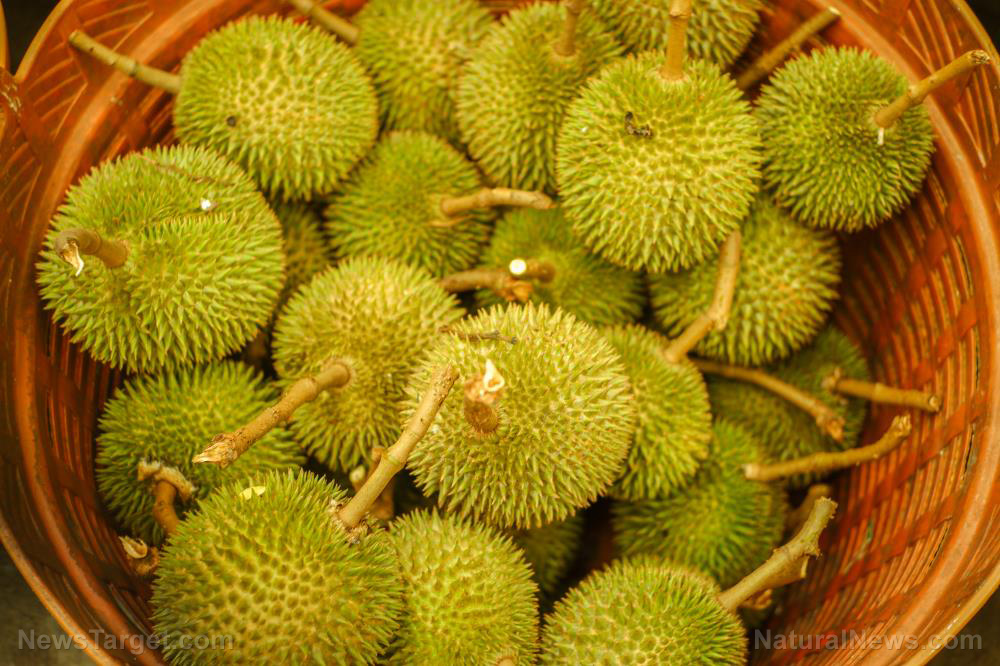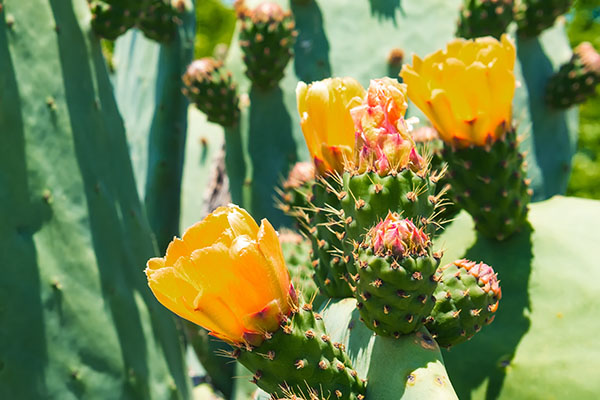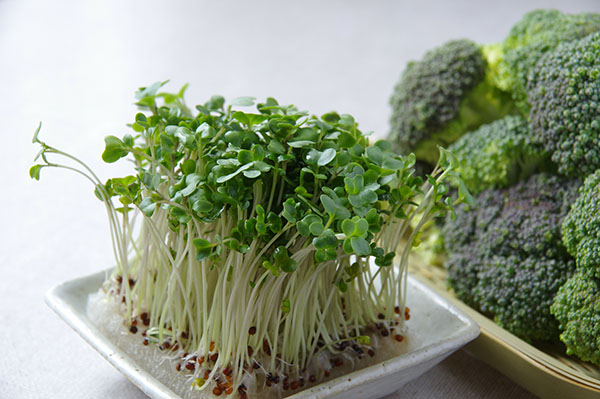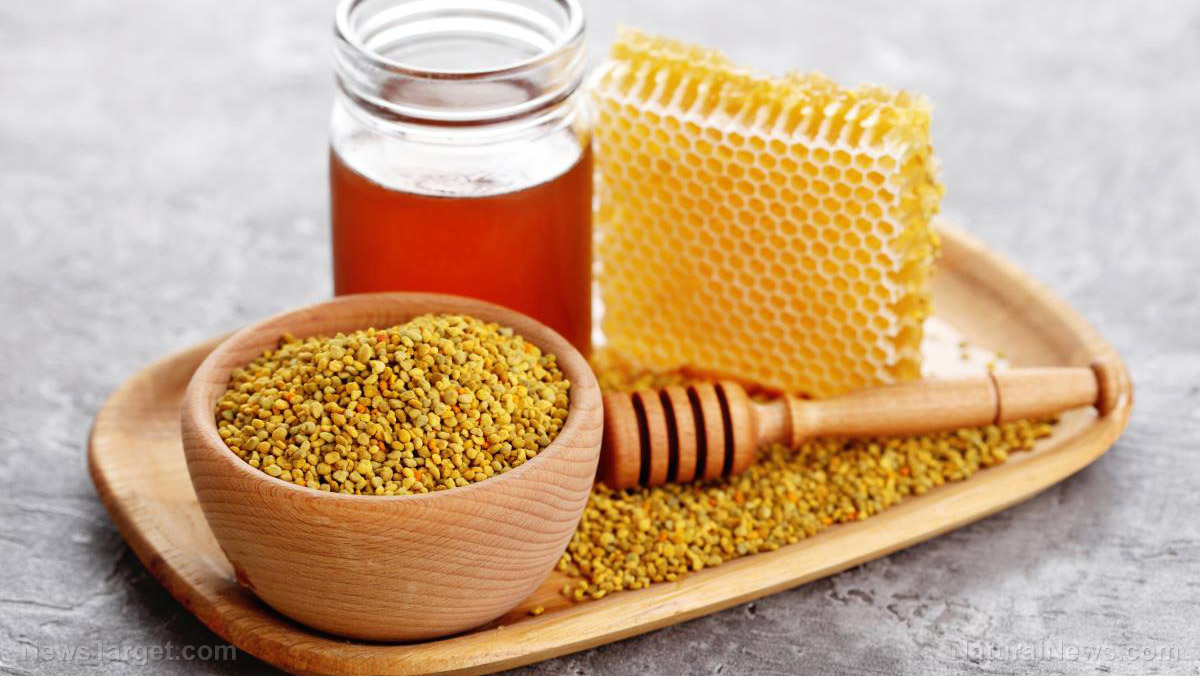Buyers beware: Turmeric products are often contaminated with lead
04/16/2024 / By HRS Editors
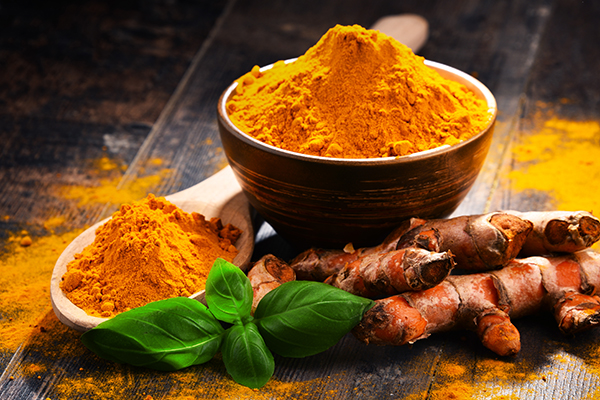
When buying supplies for your stockpile, it’s important to do so from trusted sources that offer lab-verified organic products. This can help you protect your family from food tainted with harmful heavy metals, such as lead.
Lead used to be a contaminant in turmeric, the unique spice that gives curry its beautiful golden color. Researchers traced the contamination to Bangladesh, and their report detailed how lead-adulterated turmeric was slowly poisoning people who used the spice. (h/t to Vox.com)
Lead is a neurotoxin and it can cause premature deaths and lifelong negative side effects. Experts warn that “there is no safe level of lead exposure” and data suggests that any lead causes damage.
The adverse effects may also get worse the more lead exposure there is.
The U.S. phased out leaded gasoline in 1996. After a 20-year global worldwide campaign, in 2021 Algeria became the final country to end leaded gasoline in cars.
The move should help make a huge difference to environmental lead levels. But there are other sources of lead, such as ceramics and car batteries.
This is important because even though Bangladesh phased out leaded gasoline in the 1990s, high blood lead levels have remained. To find out why, researchers Stephen Luby and Jenny Forsyth conducted their research in rural Bangladesh.
The researchers tried to find the source, and the results revealed that it was an unexpected one: lead-adulterated turmeric.
Turmeric is a yellow spice that is often used for cooking in South Asia and beyond. Adding a pigment made of lead chromate to turmeric produces bright, vibrant colors, which also leads to better sales.
The data showed that buyers of the adulterated turmeric were slowly being poisoned. The alarming discovery made a lot of headlines, particularly after it became clear that contaminated spices were also poisoning children in America, often in cases where other family members had brought spices from abroad.
Fortunately, there was also good news.
A paper studying lead in turmeric in Bangladesh revealed that researchers and the Bangladeshi government seemed to have eliminated lead in the turmeric business in the country.
Lead adulteration of turmeric
Wudan Yan, an author from Undark magazine, talked about what happened after researchers found out that turmeric could be behind the shockingly high blood lead results they were observing.
The researchers working for the nonprofit International Center for Diarrheal Disease Research, Bangladesh (ICDDR, B) who confirmed that turmeric was the primary cause of high blood lead levels met with government officials. The research team gathered samples nationwide and published a 2019 follow-up paper on the issue.
Bangladesh’s Food Safety Authority also got involved.
The groups decided on a two-part approach. First, they began an education campaign to warn consumers about the dangers of lead.
Once people found out that lead adulteration was illegal, raids were conducted to analyze turmeric and fine sellers who were selling adulterated turmeric products.
The groups also posted many fliers to teach people about the risks of lead. They also got coverage in the news.
The groups involved also thoroughly inspected the markets with X-ray fluorescence analyzers to detect lead. They also seized contaminated products and fined sellers.
According to the study, these methods worked very well. Researchers shared that the “proportion of market turmeric samples containing detectable lead decreased from 47 percent pre-intervention in 2019 to 0 percent in 2021.”
The successful elimination of lead from turmeric also had an immediate and significant effect on blood lead levels in the affected populations, with blood lead levels decreasing to “a median of 30 percent.”
The researchers who helped make these significant changes happen are preparing for similar campaigns in other areas where spices are also mixed with dangerous ingredients. (Related: Essential spices and herbs for your food stockpile.)
Avoid heavy metals by purchasing organic products from trusted sellers
Protect your family from heavy metals and other harmful contaminants by making sure to stock up on organic and lab-verified items like turmeric for your survival stockpile.
The Health Ranger Store has searched all across the globe for the cleanest turmeric root powder on the market. After extensive lab testing of raw materials, we’ve managed to secure an ultra-clean lot of organic turmeric root powder that has passed our stringent standards of cleanliness and purity.
Derived from fresh, raw turmeric root grown on pristine organic farms, Health Ranger Select Organic Turmeric Root Powder is one of the cleanest, highest-quality turmeric root powders on the market. It is full of the active component curcumin and other nutrients, and it retains the full spectrum benefits and the nutritional content of raw turmeric.
Our premium turmeric root powder contains no gluten, GMOs, fillers, artificial sweeteners, or additives.
Health Ranger Select Organic Turmeric Root Powder is certified Kosher and organic. It is also vegan, non-irradiated, non-China and is meticulously lab-tested for glyphosate, heavy metals and microbiology.
Visit FoodSupply.news for tips on how to start building your survival stockpile. Go to Health Ranger Store and Brighteon Store to find more clean food supplies for your prepping needs.
Watch this clip and learn how incorporating Organic Turmeric Root Powder into a balanced diet can help support your overall well-being.
This video is from the Health Ranger Store channel on Brighteon.com.
More related stories:
Emergency food prep: Stock up on manuka honey, a must-have survival food and barter item.
Before SHTF, stock up on miso, a great long-term storable food source of antioxidants.
8 Reasons to stock up on Himalayan salt, the purest and most mineral-rich salt on Earth.
Sources include:
Submit a correction >>
Tagged Under:
contaminants, curcumin, emergency food, emergency stockpile, emergency supplies, food freedom, food independence, Food storage, food supply, homesteading, how to, nutrients, off grid, preparedness, prepper, prepper pantry, prepping, prepping stockpile, SHTF, survival, survival stockpile, tips, turmeric
This article may contain statements that reflect the opinion of the author
RECENT NEWS & ARTICLES
COPYRIGHT © 2017 NUTRIENTS NEWS

